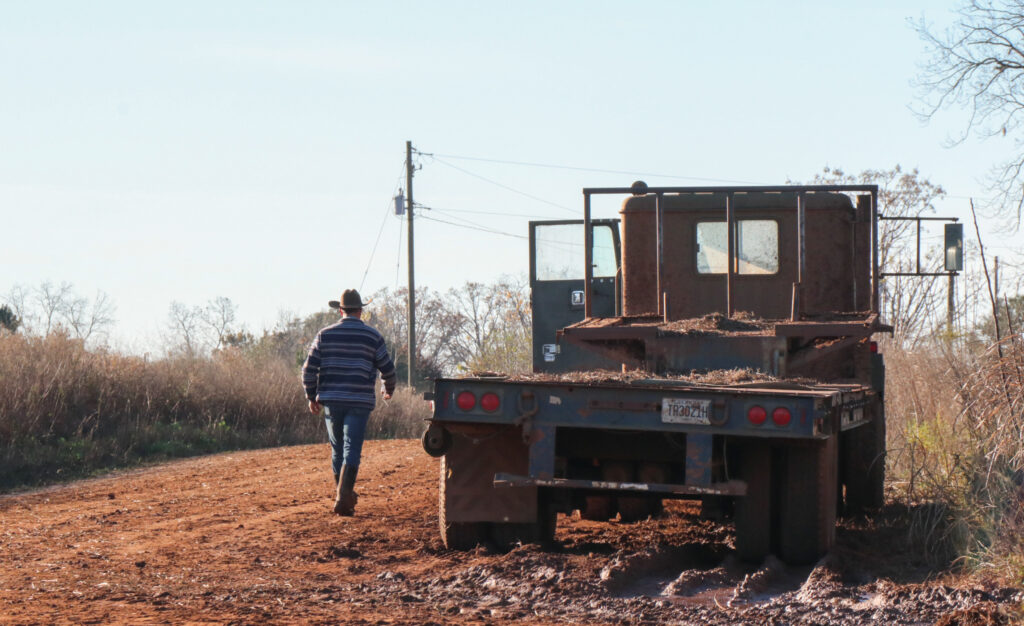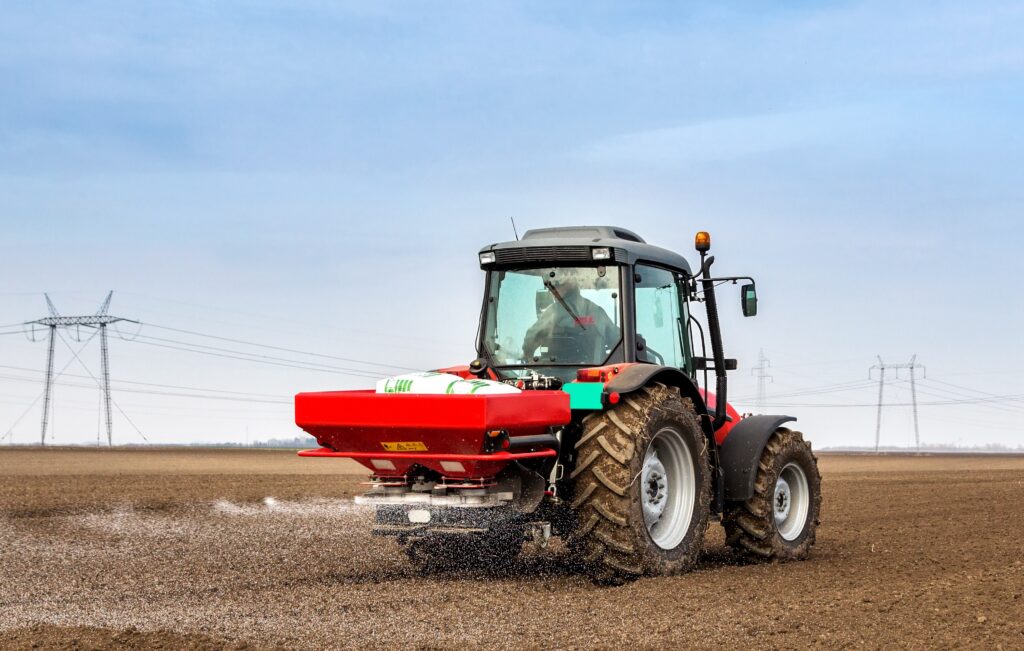Farm Action’s Top 5 Must-Have Recommendations for Fixing Our Food System
The Make America Healthy Again (MAHA) Commission was created to confront a simple truth: America’s food system is making us sick. But unless the Commission backs its words with bold, structural reforms, this moment of public concern will slip away—and corporate agribusiness will stay in control.
Farm Action submitted a detailed roadmap to the Commission earlier this summer. Now, with the Commission’s strategy report due in mid-August, we’re making our top 5 must-have recommendations loud and clear.
These ideas don’t just sound good—they are smart, tested, and grounded in what farmers, scientists, and communities have been calling for all along. Here’s what the Commission needs to deliver:
1. Use Federal Buying Power to Build Healthy Food Markets
The federal government spends billions on food every year. That spending should nourish our people and support the farmers doing food right.
We’re calling on the federal agencies to establish procurement set-asides for producers growing healthy, nutrient-dense food using regenerative and organic practices. Think school lunches, hospital meals, and military rations aligned with real public health principles—not the processed, ultra-refined status quo. This is one of the fastest ways to create stable markets for good food and drive down preventable disease.
2. Shift Farm Policy to Support U.S.-Grown Fruits and Vegetables
We’re importing more and more of our fruits and vegetables—while U.S. farmers struggle to stay in business. This is a food sovereignty crisis in the making.
The MAHA Commission must urge the U.S. Department of Agriculture (USDA) to retool federal support to grow more produce here at home. That means expanding the Specialty Crop Block Grant Program, strengthening crop insurance for fruit and vegetable growers, and investing in research to help farmers grow food sustainably and profitably.
3. Rebuild Local and Regional Food Infrastructure
Shorter, more local supply chains are not just feel-good ideas—they’re essential for resilience and access to nutrition.
The USDA and Small Business Administration should work together to invest in the infrastructure that small and mid-sized farms and food businesses need to thrive. From cold storage to regional processing, this is how we bring wealth and health back to rural communities—and break dependence on the fragile industrial model.
4. Reduce Chemical Exposure in Our Food and Farming Systems
Pesticide-intensive farming is putting the health of farmers, families, and ecosystems at risk. It’s time for a serious course correction.
The MAHA Commission must call on the USDA to prioritize a national shift toward safer, soil-building practices. That includes using conservation programs like Environmental Quality Incentives Program (EQIP) and Conservation Stewardship Program (CSP) to help farmers reduce chemical use and adopt proven ecological alternatives.
Critically, the Environmental Protection Agency (EPA) is expected to release updated health risk assessments for major herbicides like glyphosate and 2,4-D by 2026. These reviews must be grounded in independent, transparent science—not industry influence. Where risks to human health are identified, the agency must act swiftly and decisively to restrict harmful products.
The administration should also phase out the use of glyphosate as a pre-harvest desiccant on crops like oats and wheat—a practice that drives high residue levels in common foods. USDA should support farmers in transitioning to safer harvest methods, while the Food and Drug Administration (FDA) must restore strong residue limits and regularly test foods for public safety.
5. Reinstate Country of Origin Labeling for Beef and Pork
Consumers deserve to know where their food comes from. U.S. farmers deserve a fair shot in the market. But since 2015, beef and pork have been exempt from country-of-origin labeling (COOL). Without mandatory COOL, multinational corporations are free to dominate the meat market, undercutting independent U.S. ranchers and fueling the decline of local livestock systems, harming rural economies, and threatening public health.
With the United States-Mexico-Canada Agreement (USMCA) review coming in 2026, the Administration has a clear opportunity to bring back mandatory COOL—despite corporate meatpackers and the World Trade Organization (WTO) fighting to keep it buried. The MAHA Commission must put this on the table now.
📣 The Bottom Line
The MAHA Commission has the public’s attention—and a historic opportunity to reset our food system around health, fairness, and resilience. Farm Action’s recommendations are ready to go. Now we’re watching to see if the Commission is ready to lead.
Want to dig deeper?
🔗 Read our full policy memo to the MAHA Commission →




